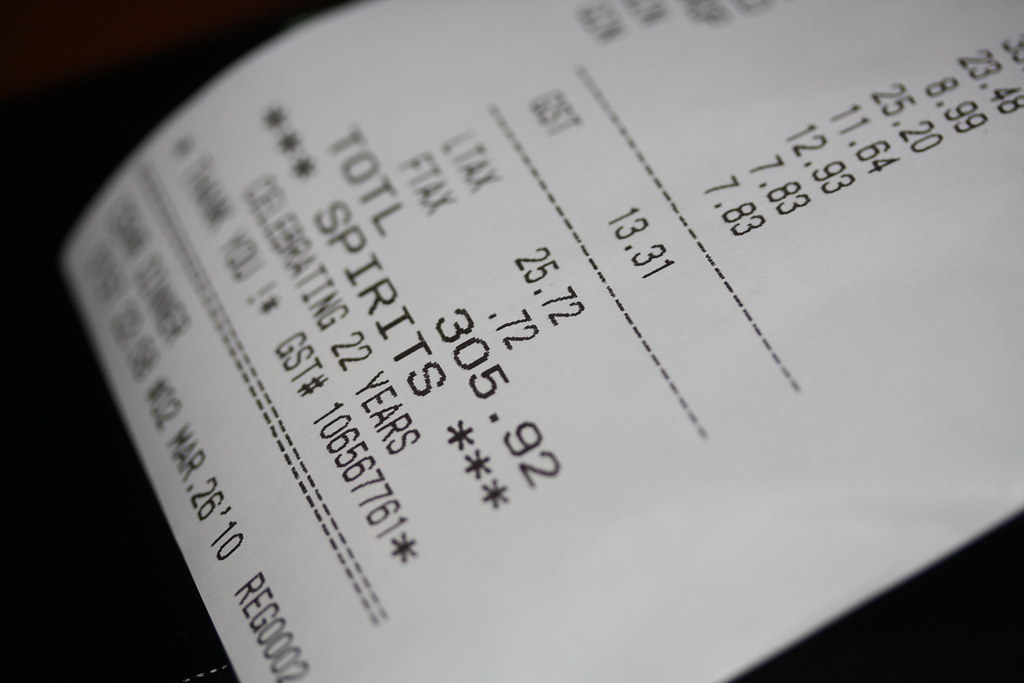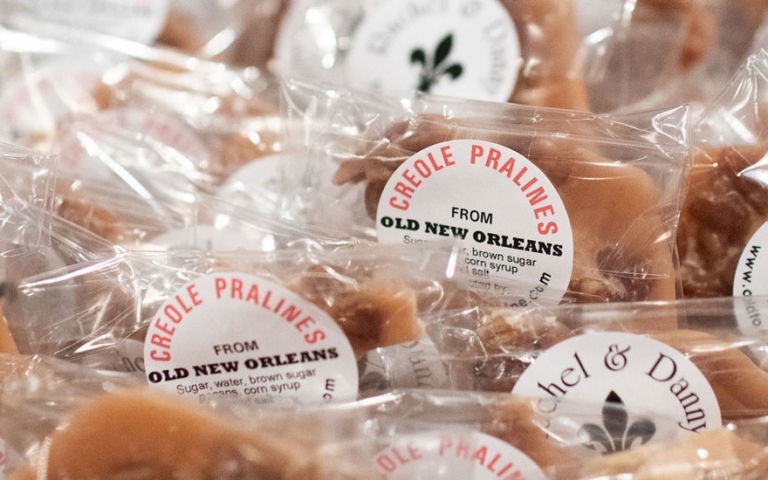Scott Korinke doesn’t trust bar tabs. The 26-year-old closes out after every drink, citing “commitment issues” with leaving his card behind the bar. His approach mirrors a growing movement among Gen Z that’s reshaping American drinking culture—and frustrating bartenders from coast to coast.
Think of it as the hospitality equivalent of splitting the check at dinner, except it’s happening drink by drink, transaction by transaction.
Dr. Michael McMillan, a personal finance instructor, notes his students treat bar visits like any other retail transaction. Why leave your card hostage when Apple Pay makes splitting as easy as a double-tap? For a generation that grew up during financial uncertainty, every purchase deserves immediate confirmation.
Izzy Tulloch runs the math with bartender precision: “Closing a tab, presenting it, and asking for tips can take up to two minutes. Consider two minutes for a group of eight people. That totals 16 minutes while perhaps 30 other patrons are waiting.” Those minutes add up faster than shots at a bachelor party.
The financial sting hits deeper than time lost. Each swipe means another transaction fee, and those pennies become dollars when multiplied across busy weekend shifts. Some establishments now factor these costs into pricing or, controversially, deduct them from tips—a practice that could become even more contentious if proposed federal legislation exempting restaurant tips from taxes gains traction.
The payment preference highlights a fascinating generational split in social etiquette. While European bar culture has normalized per-drink payments for decades, American establishments built their entire service rhythm around running tabs. It’s like switching from family-style dining to individual plates mid-meal. The tension reflects broader questions about tradition versus efficiency in an increasingly digital world.
Smart establishments are already adapting. Some streamline payment systems to reduce transaction time, while others educate newer patrons about traditional etiquette without judgment. The most successful approach seems to blend accommodation with gentle guidance.
For Gen Z, the preference isn’t about being difficult—it’s about maintaining the financial control that defines their spending philosophy, the same mindset that recently had them celebrating the “discovery” of soup as a revolutionary water-based cooking method. For bartenders, it’s about preserving the flow that makes great service possible.


















